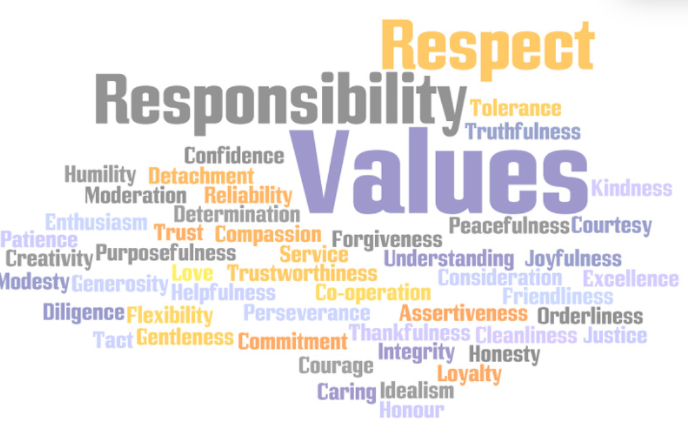
It pains and amuses me a bit when I realise that of everything I’ve ever written the most read article was this piece in The Conversation about 18 months ago.
To spare those too lazy or discerning to read the whole thing, I argue that in the hyper-competitive world of graduate employment, it isn’t enough for students to focus solely on their degree because they won’t stand out (or in the academic terminology, secure a positional advantage).
The article was actually based on a research project exploring the motivations for social entrepreneurship among university students. While it is certainly the case that, retrospectively, students were able to reflect on the skills they developed through social entrepreneurship (skills such as problem-solving, collaboration, innovation and project management), and leverage those when seeking graduate employment, for the majority, that wasn’t the primary motivation.
Value = values
Students were drawn to social entrepreneurship for less instrumental reasons. They wanted to do something “which mattered”; a dig both at some of the more irreverent societies, but also at their degree programmes, which many found abstract at times. They wanted to do something which engaged with people beyond the university, solving real problems. Lastly, but as significantly, students gravitated to those who they deemed to be “like-minded”. Now “like-minded” is a loaded, problematic term, but generally referred to people who had similar interests, ambitions, and values.
Values literacy
It was no surprise that students joined social entrepreneurship societies and participated in curricular programmes because they were passionate about social change, and broken aid, food and education systems in particular.
What we didn’t expect was the extent to which their commitment to social change stemmed from a well-formed understanding and articulation of their personal values. We also found that their sense of their personal values over the course of their involvement with social entrepreneurship, students were able to make deeper connections between their personal and professional values.
While a sizeable number of our sample were unsure about their exact career path (including those who had just graduated), they were almost universally certain that they were not willing to compromise their personal values in pursuit of remuneration or an accelerated career.
No more bullshit jobs
Above all else, our sample wanted a career of value: doing work which “mattered” but which was also aligned to their personal values. We heard a wholesale rejection of so-called “bullshit” jobs which forced people to leave their values at home.
The value of a potential career was constructed not only in terms of financial returns, or even the blended value of social returns, but also in terms of values congruence. It’s easy to argue that social purpose organisations are, by default, places where professional values align with the personal values of their employees, but we know that isn’t always the case. Equally, there are organisations which may not explicitly be social mission-driven, but who are values-driven and therefore attractive destinations for millennial graduates.
Values consciousness and values literacy
Values consciousness – like social or environmental consciousness – may not be novel or unique to the millennial generation, but it is widespread. In turn, values consciousness begets values literacy, an ability to talk about and recognise values.
The message for employers…
For employers, the message is simple: If you want to recruit top talent, walking the talk is imperative. Any organisation can say they’re values-driven (and God knows they all do). Living those values makes all the difference because to be values-literate is not only to recognise and articulate values, but to discern between those which are authentic and which are not (values-awareness). Just as millennials can spot values congruence, they know values dissonance when they see it too.
The growth of values literacy is good for us all. If it means millennials make decisions through the lens of personal values – assuming those values are informed by social and environmental responsibility – then we have grounds for optimism. If it means, in turn, that all organisations become genuinely and demonstrably values-driven, even better.
